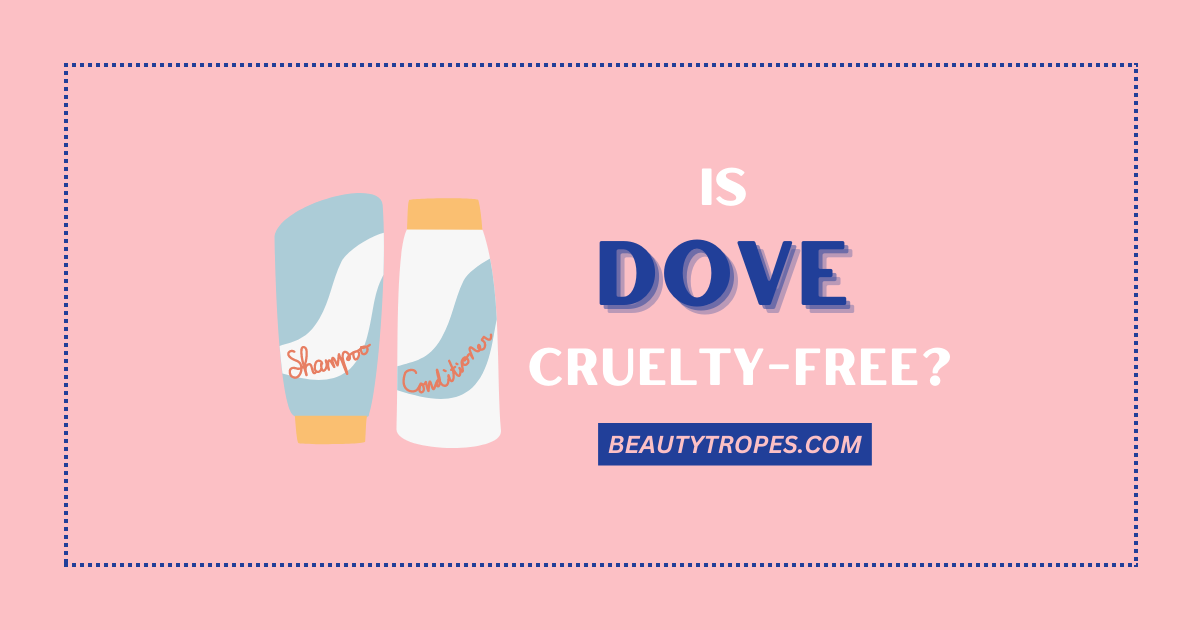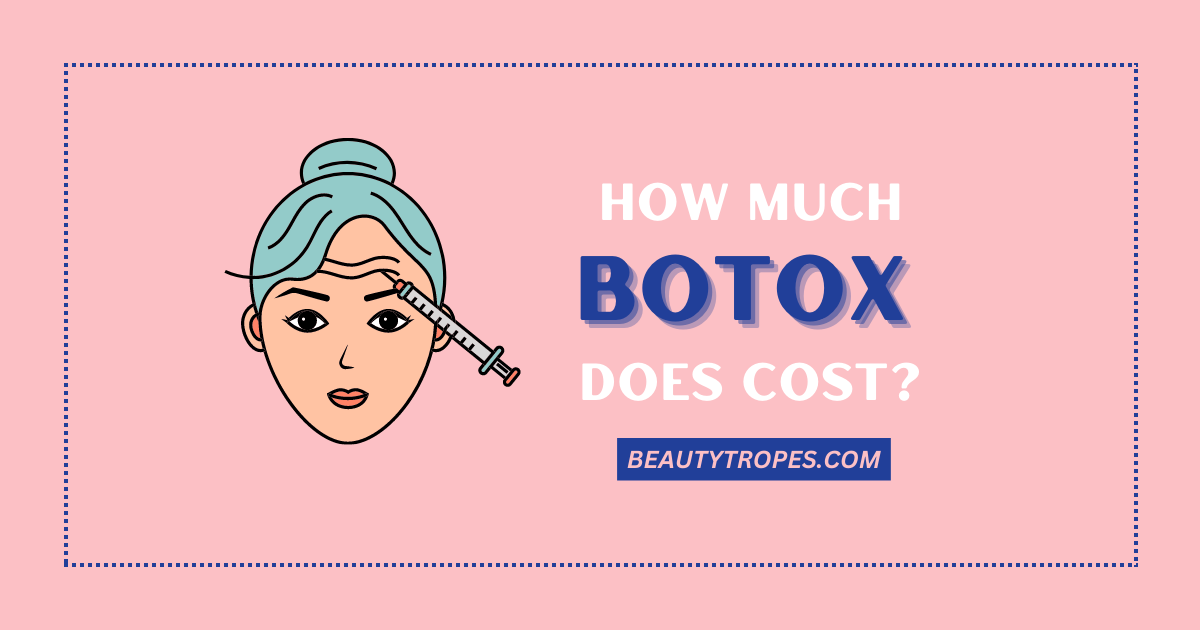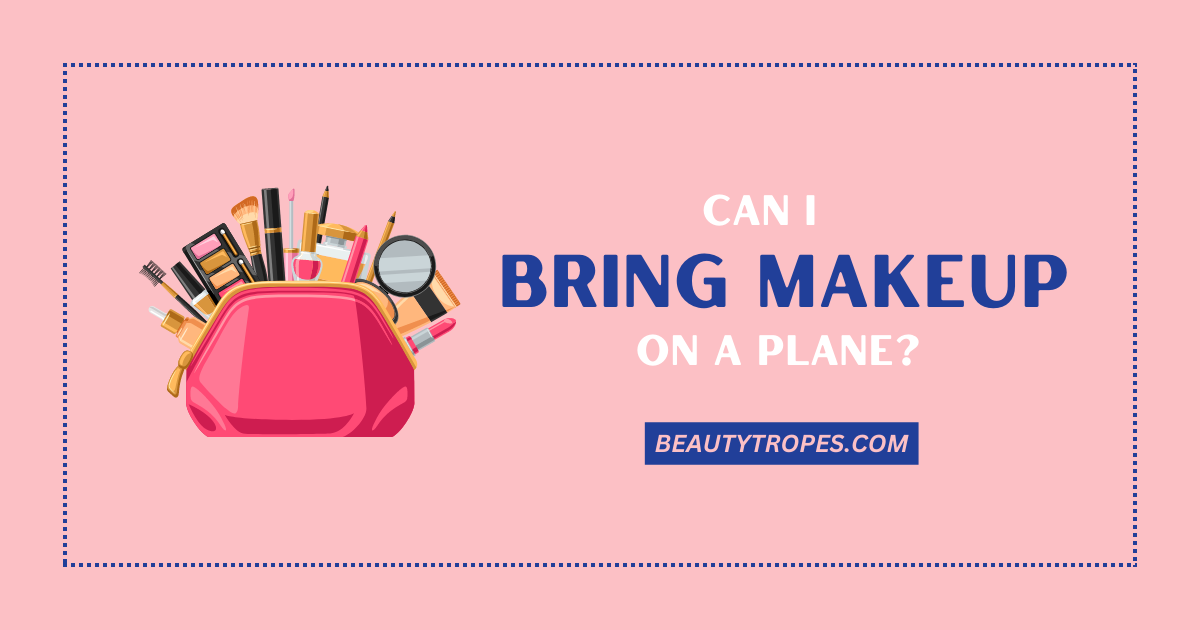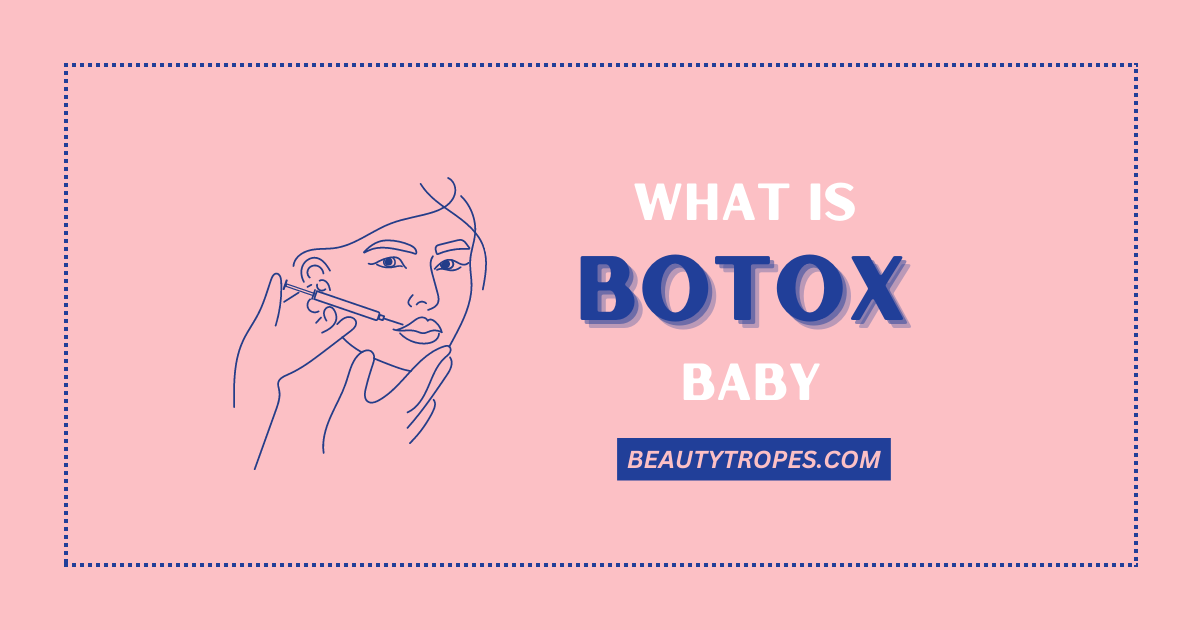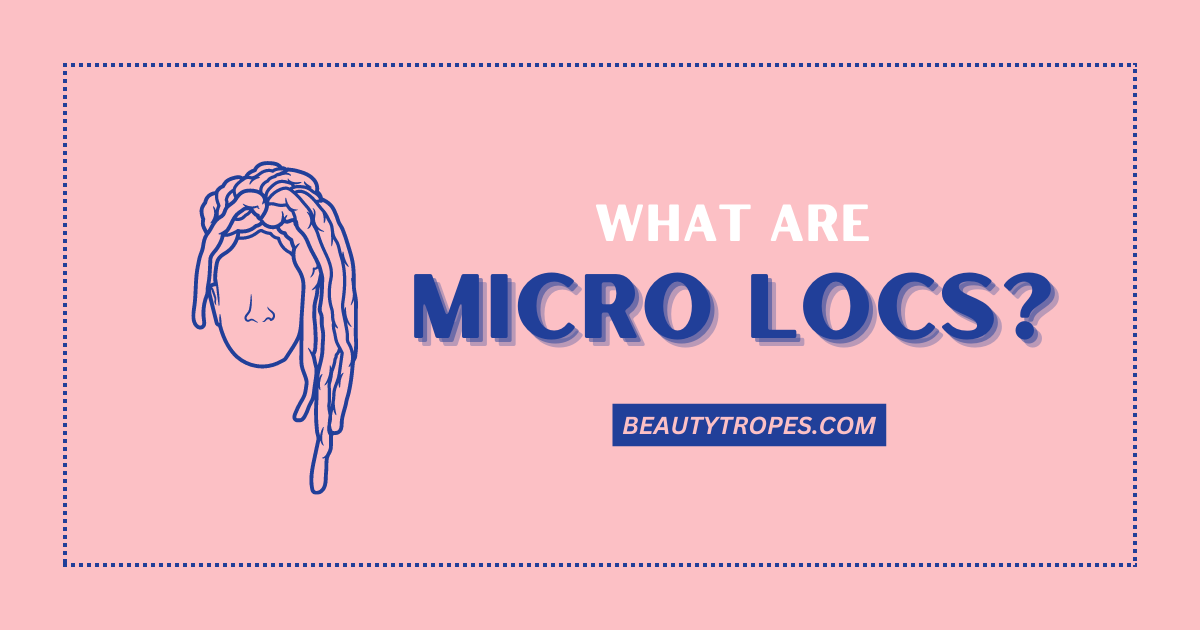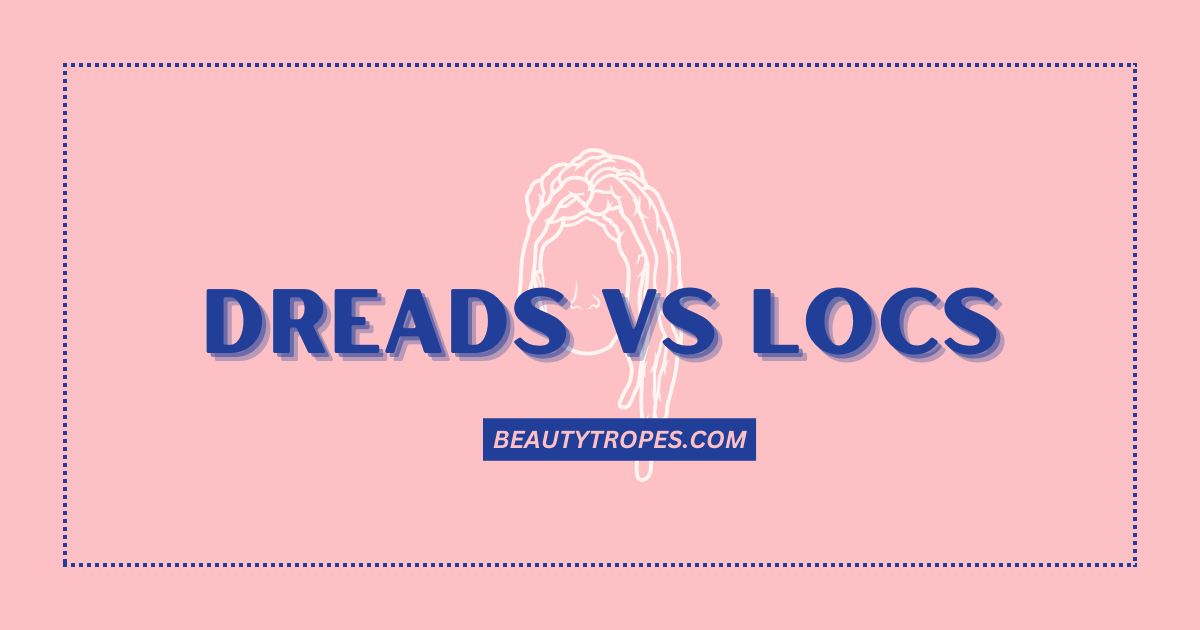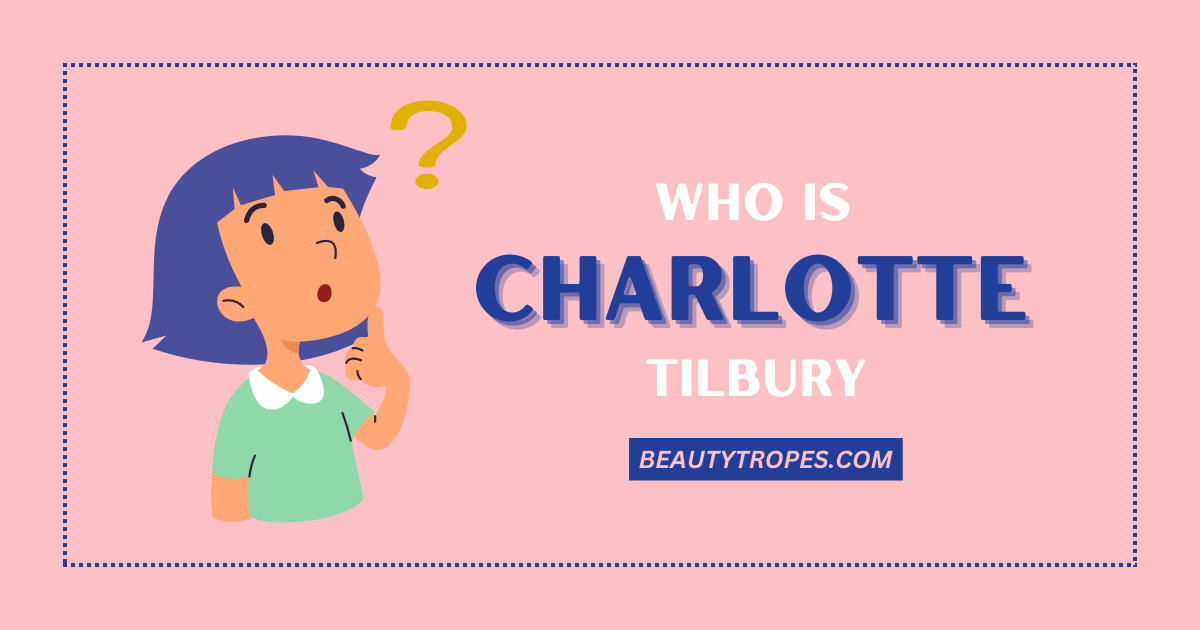The Truth Unveiled: Is Dove Truly Cruelty-Free?
In an era where ethical consumerism is on the rise, the question of whether beauty brands are cruelty-free has become dominant. Dove, a household name known for its body positivity campaigns, has gained significant attention.
However, beneath its empowering message lies a concern: Is Dove truly committed to cruelty-free practices? In this article, we will uncover the truth behind Dove’s ethical stance.
Is Dove Cruelty-Free?
To know the exact answer whether dove is cruelty free or not we need to look into different things before coming to a conclusion. Lets dig deep and find it.
Understanding Cruelty-Free: More Than Just a Label
Animal testing has long been a controversial topic within the beauty industry. To truly understand Dove’s cruelty-free claim, we must first grasp the meaning and importance of the term. Beyond a mere label, cruelty-free signifies a brand’s dedication to producing products without subjecting animals to harmful testing procedures. This commitment reflects the growing awareness and ethical values of today’s consumers.
The Dove Brand and its Ethical Stance
Dove, originally recognized for its beauty bars, has evolved into a global brand with a strong emphasis on promoting self-love and inclusivity. Their marketing campaigns have struck a chord with many, creating an image of a compassionate brand that values both individuals and the environment. But does this image align with their treatment of animals?
Uncovering the Truth: The Dove and Animal Testing Connection
To understand Dove’s cruelty-free status, we must examine its relationship with its parent company, Unilever. Unilever’s animal testing policies have raised concerns in the past, casting doubt on whether Dove’s ethical claims extend throughout its supply chain. By analyzing Dove’s official statements and commitment to transparency, we can gain insight into the brand’s true position on animal testing.
Dove has made public statements that emphasize its opposition to animal testing and its commitment to cruelty-free practices. They state that they do not conduct animal testing on their products or ingredients except where required by law.
However, this exception raises questions about the brand’s dedication to cruelty-free principles. It prompts us to consider the extent to which Dove actively seeks alternatives and pushes for regulatory changes that eliminate animal testing.
Certified Cruelty-Free: External Verification and Accreditation
Certifications play a pivotal role in establishing a brand’s credibility as cruelty-free. Leaping Bunny, recognized as the gold standard in cruelty-free certification, sets strict guidelines to ensure no animal testing is conducted at any stage of a product’s development.
By exploring Dove’s affiliation with Leaping Bunny or other cruelty-free certifications, we can ascertain the level of their commitment to animal welfare.
At present, Dove is not certified by Leaping Bunny or any other prominent cruelty-free certification programs. While this lack of certification does not necessarily indicate that Dove engages in animal testing, it does raise concerns regarding its transparency and commitment to external verification.
Without independent certification, consumers must rely solely on Dove’s statements, which may not provide a complete picture of their practices.
The Dove Alternatives: Exploring Truly Cruelty-Free Options
Beyond Dove, a growing market of cruelty-free brands offers consumers a range of ethical alternatives. By embracing conscious consumerism and exploring these options, individuals can align their choices with their values and contribute to a more compassionate beauty industry.
There are numerous cruelty-free brands available that have obtained Leaping Bunny certification, ensuring their commitment to animal welfare and ethical practices.
By supporting these brands, consumers can send a strong message to the beauty industry, emphasizing the demand for cruelty-free products. This collective action can drive change and encourage other companies, including Dove, to adopt more transparent and ethical practices.
Navigating the Grey Areas: Considerations and Dilemmas
In the pursuit of cruelty-free products, navigating legal requirements and understanding the presence of animal-derived ingredients can present dilemmas.
We will delve into the complexities surrounding Dove’s animal testing policies, examining the legal landscape and evaluating their position on using animal-derived components. By unraveling these grey areas, consumers can make informed choices that resonate with their personal ethics.
It is essential to note that being cruelty-free does not necessarily equate to being vegan-friendly. While Dove may abstain from animal testing, some of its products may still contain animal-derived ingredients.
This raises further considerations for individuals seeking products that align with their vegan values. By examining the ingredient lists and seeking out vegan certifications, consumers can make choices that align with their ethical principles.
Dove’s Animal Testing Policy: Examining the Official Stance
Dove’s claim of being cruelty-free warrants a closer examination of its official animal testing policy. By analyzing Dove’s public statements, website content, and marketing materials, we can gain insights into the brand’s position on animal testing. This investigation will shed light on the extent of Dove’s commitment to cruelty-free practices and the transparency of their communication regarding this matter.
Transparency and Supply Chain: Unveiling Dove’s Cruelty-Free Practices
One of the key aspects of Dove’s transparency initiative is its meticulous vetting of suppliers and partners. They collaborate exclusively with ethically responsible suppliers who share their values and uphold cruelty-free standards.
Dove maintains a thorough evaluation process, conducting audits and assessments to ensure compliance with their stringent criteria. By meticulously selecting their partners, Dove guarantees that every ingredient used in their products aligns with their cruelty-free principles, from raw materials to the final formulations.
Regulatory Compliance: Navigating Animal Testing Laws and Regulations
Dove’s approach to regulatory compliance revolves around a three-fold strategy. Firstly, they prioritize the use of alternative testing methods whenever possible, such as in vitro testing, computer modelling, and human clinical trials.
By reducing reliance on animal testing, the brand aims to minimize harm to animals while maintaining the highest standards of safety and efficacy for their products.
Secondly, when animal testing is deemed necessary, dove strictly follows the principles of the Three Rs: Replacement, Reduction, and Refinement. This approach emphasizes efforts to replace animals with non-animal models, minimize the number of animals used, and refine testing procedures to minimize suffering.
Lastly, the brand maintains open communication with regulatory bodies, actively participating in discussions and initiatives aimed at developing and promoting cruelty-free testing methods. By engaging in constructive dialogue, DOVE contributes to the evolution of animal testing regulations, advocating for more humane practices across the industry.
Final Thoughts
Dove is proud to be a cruelty-free brand committed to the well-being of animals. While they are not Leaping Bunny-certified, Dove follows rigorous standards and practices to ensure that their products are never tested on animals.
They prioritize the use of alternative testing methods and strictly adhere to the principles of the Three Rs: Replacement, Reduction, and Refinement. Dove maintains transparency with their customers, openly sharing their cruelty-free practices and dedication to animal welfare. By choosing Dove, consumers can trust that they are supporting a brand that actively avoids animal testing and upholds ethical values.
Faqs
Is Dove 100% cruelty-free?
Yes, Dove is committed to being 100% cruelty-free and does not test their products on animals. They prioritize alternative testing methods and comply with regulations to ensure the safety and well-being of animals.
Does Dove still do animal testing?
No, Dove does not engage in animal testing. They have taken a strong stance against it and actively seek alternative testing methods to ensure the safety and efficacy of their products.
Is Dove an ethical brand?
Yes, Dove is widely recognized as an ethical brand. They prioritize animal welfare, avoid animal testing, and promote transparency in their practices. Additionally, Dove has been actively involved in initiatives promoting inclusivity and positive body image, addressing some ethical concerns that have been raised in the past.
What are the ethical issues with Dove?
While Dove has faced ethical issues in the past, particularly related to some of their advertising campaigns, they have made efforts to address these concerns. They have taken steps towards inclusivity and positive body image messaging, working to overcome past criticism and improve their ethical practices.
Is Dove owned by Johnson & Johnson?
No, Dove is not owned by Johnson & Johnson. It is a brand under the ownership of Unilever, a multinational consumer goods company.
Is Dove good for your hair?
Yes, Dove can be a good choice for your hair. You can read detailed guide here.

